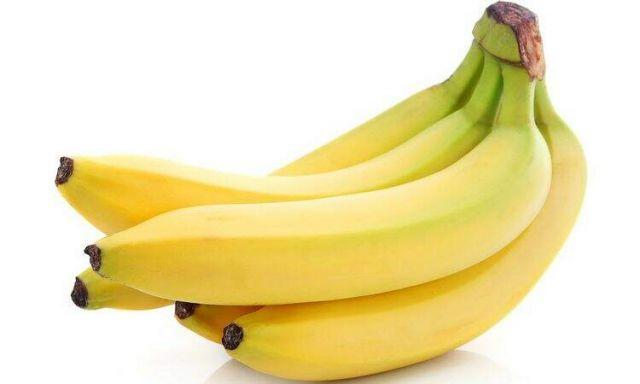
La banana it is the fruit of the banana tree (Musa sapientum), a plant belonging to the Musaceae family.
Banana contains high amounts of sugar simple and complex (about 50 g in 100 g of fresh fruit and 65 g in 100 g of dried fruit); different mineral salts such as calcium, iron, magnesium, phosphorus, sulfur and above all potassium; fair amount of vitamin A e C; a small amount of vegetable proteins; grassi in an insignificant quantity; Serotonin, a substance involved in the regulation of numerous functions, such as sleep, body temperature and mood; tryptophan, an amino acid that the body transforms into serotonin; tannins, which give the fruit a bitter aftertaste, and which are considerably reduced during the ripening process.
Banana is one of the fruits with less water (77%); its pulp contains a good amount of fiber useful for regulating intestinal function in case of constipation or dysentery.
Bananas dried, at the same weight, they are much more energetic and caloric of the fresh ones.
Banana is particularly recommended during all stages of growth, due to its remarkable nutritional characteristics; to the elderly and convalescents, for its digestibility and for its content of mineral salts; to people subjected to physical and intellectual overwork, to replenish their energies; to those suffering from high blood pressure or muscle cramps, as the high potassium content has a balancing and regulating action on the muscular, nervous and circulatory systems; to those suffering from stomach acid, since the pulp of the banana stimulates the cells of the stomach lining to produce more mucus that protects the inner walls of the stomach.
Banana is therefore a fruit rich in beneficial substances: some studies have shown that eating a banana a day, as a snack, helps to increase the mood.
However, due to the high sugar content, bananas are not recommended for diabetics.
This very nutritious fruit is particularly digestible only when the ripening process has taken place, which transforms the high quantities of starches (complex sugars) of the unripe fruit into simple sugars, more easily assimilated.
Ripe banana can be given to babies from the fourth month of life. Banana performs its beneficial effects when used daily, especially in breakfast or as a snack between main meals.
To learn more:
> Discover the forgotten varieties of banana
> Banana-based smoothies and juices


























